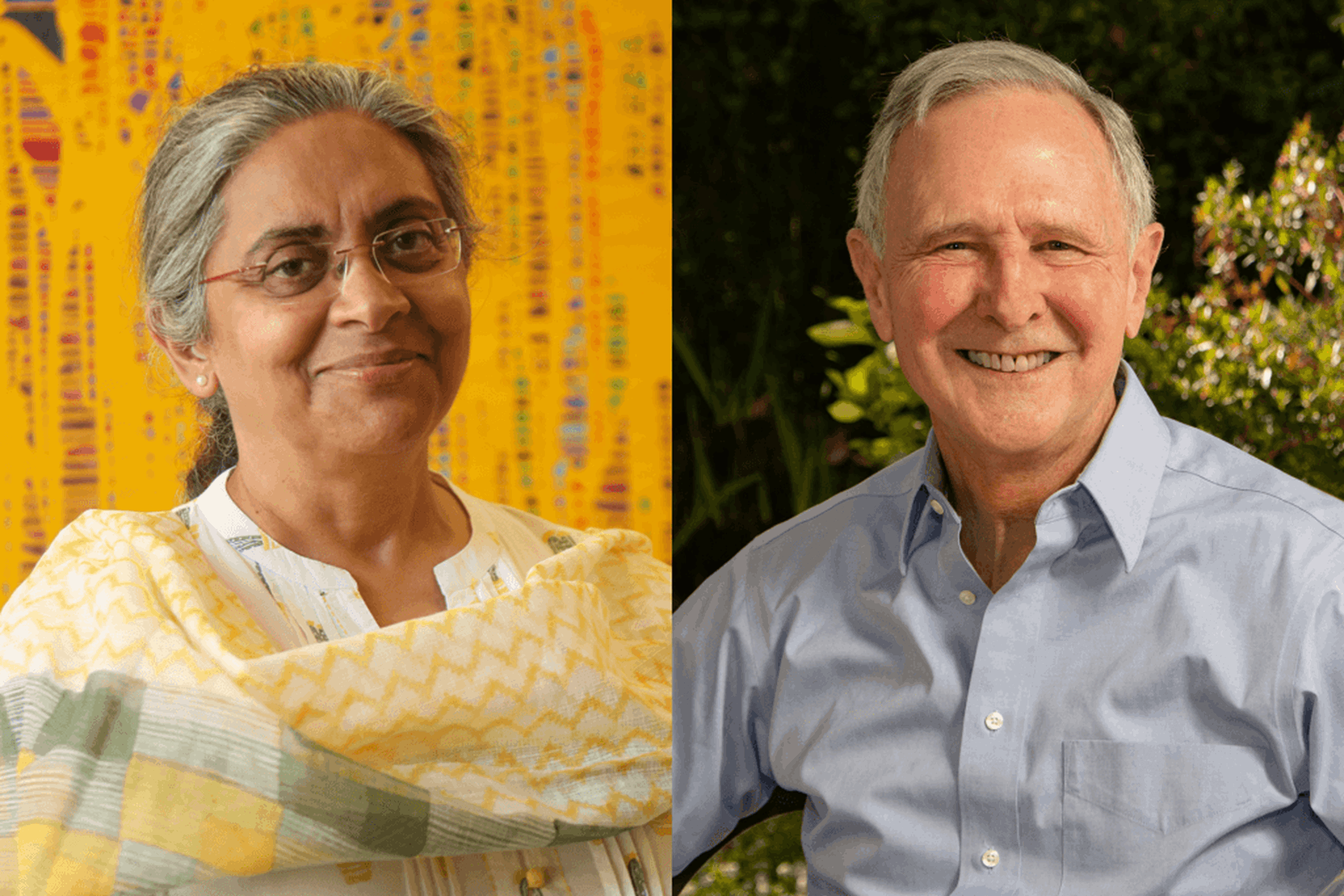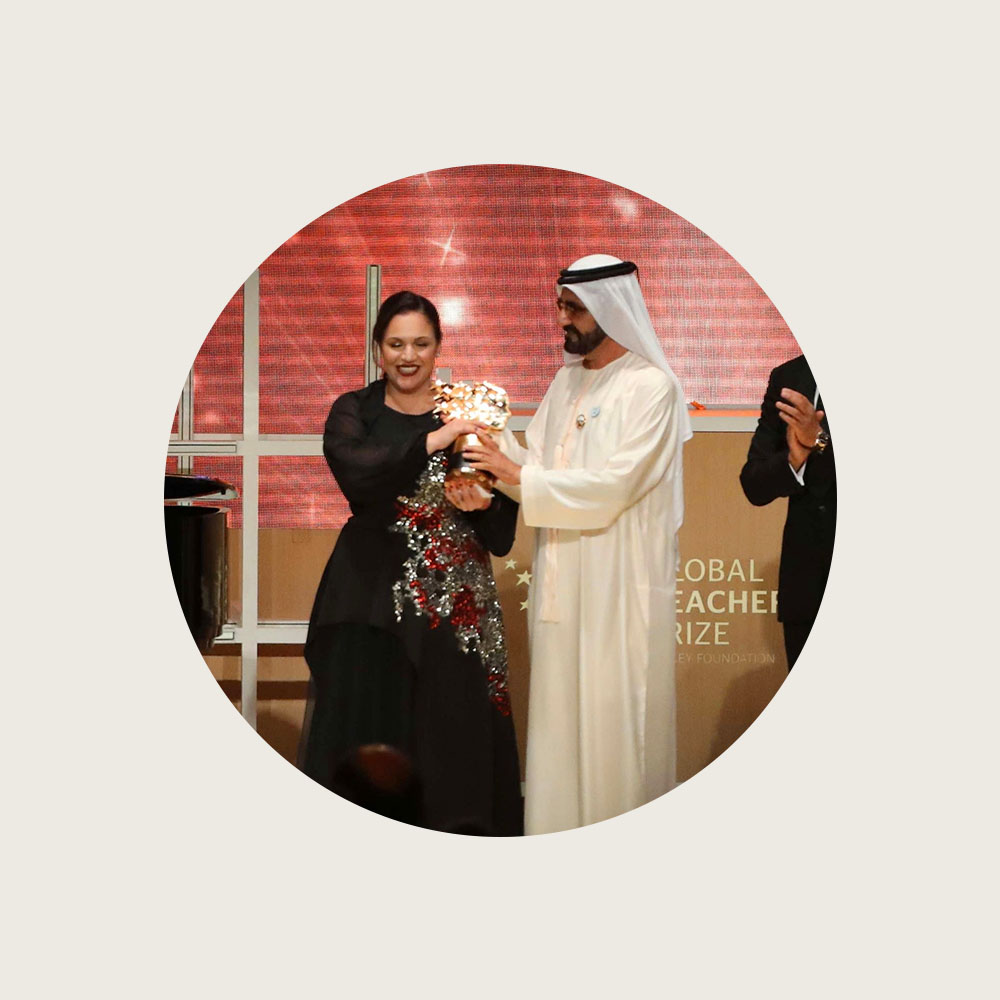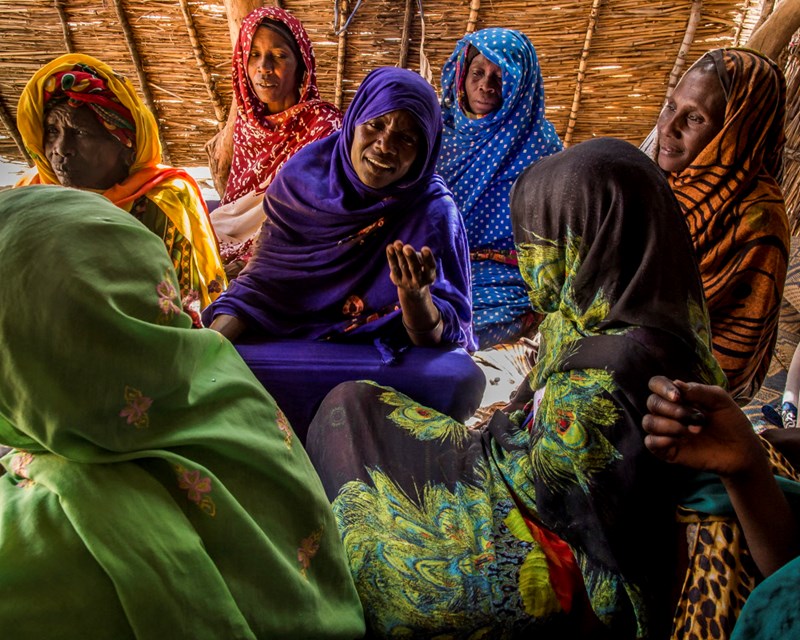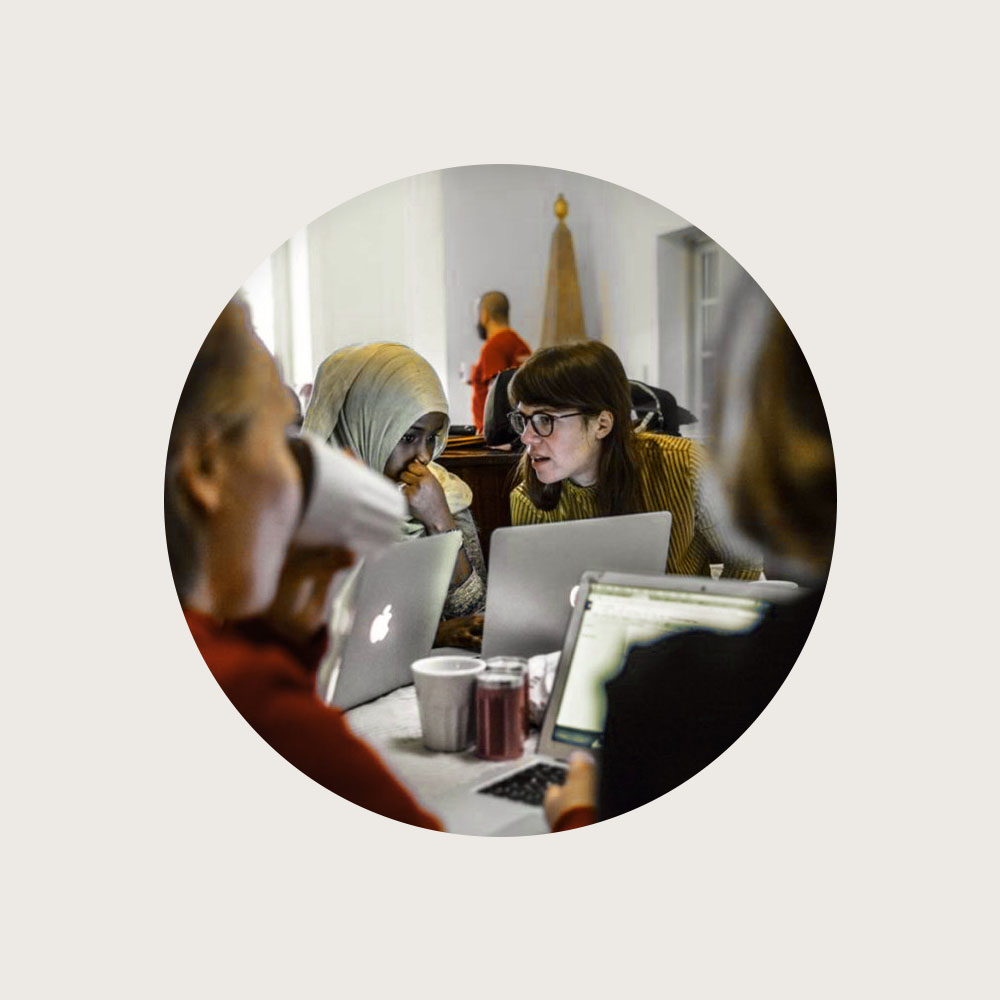A Stanford scholar and the CEO of an Indian education nonprofit have been named as winners of the 2021 Yidan Prize, the world’s largest education award, which offers a nearly $8m prize. Rukmini Banerji, chief executive of Pratham, which works to improve the quality of education in India, and Eric Hanushek, a professor and fellow at Stanford University’s Hoover Institution, were chosen by judges for their “groundbreaking work” in advancing learning outcomes at scale.
“The quality and diversity of this year’s nominations reflect the drive and passion around the world to unlock new approaches to education,” said Koichiro Matsuura, chairman of the Yidan Prize judging committee and a former director-general of the UN’s cultural agency, UNESCO.
“They are rethinking education systems from top to bottom, tackling inequities and empowering learners,” he added.
Banerji developed the ‘Teaching at the Right Level’ model after recognising that many children were attending school, but failing to gain basic literacy and numeracy skills. Through Pratham, she pioneered an approach of grouping children by learning level rather than age, to better plug gaps in their understanding.
The replicable model, which pivots the focus from school attendance to learning outcomes, has reached more than 60 million children in India and Africa, and is growing around the world.
“[Pratham] is a reminder that we need to focus on education quality and not just school enrolments,” judge Dorothy Gordon said in a statement. “The solutions that they have deployed towards this goal have proved to be cost-effective and scalable, with a demonstrated potential to impact globally.”







